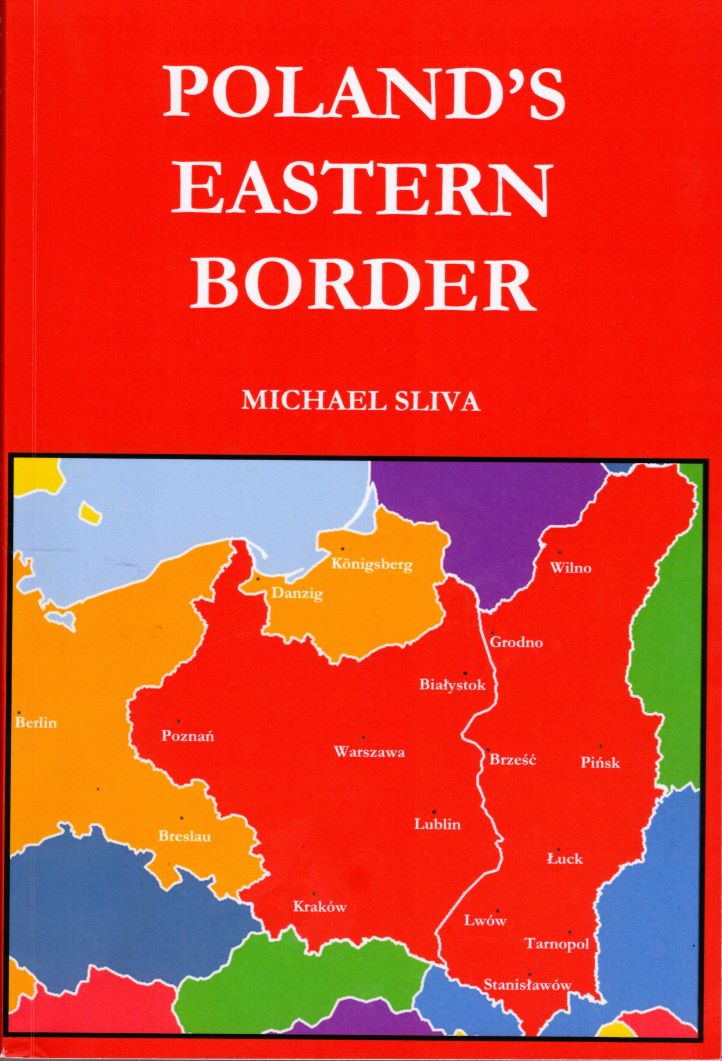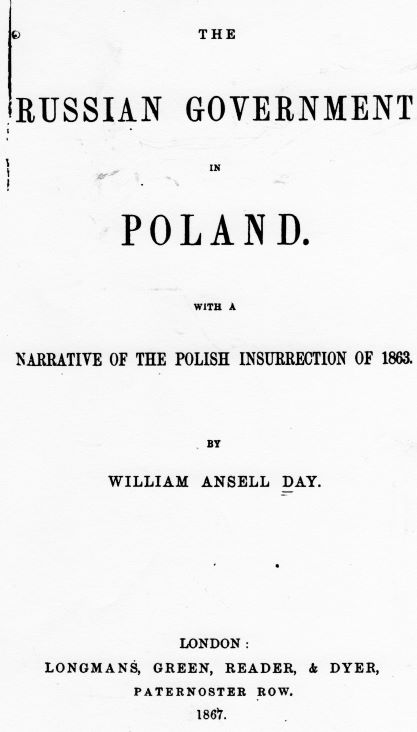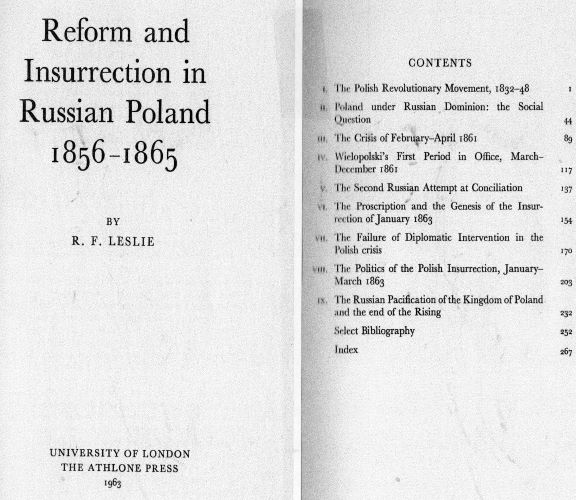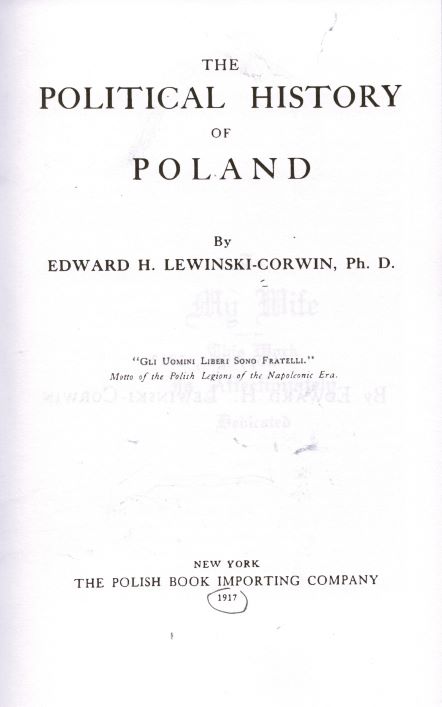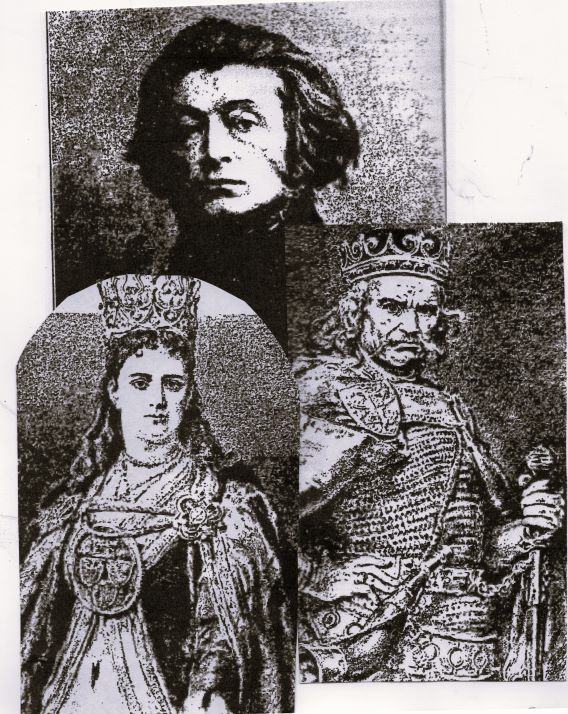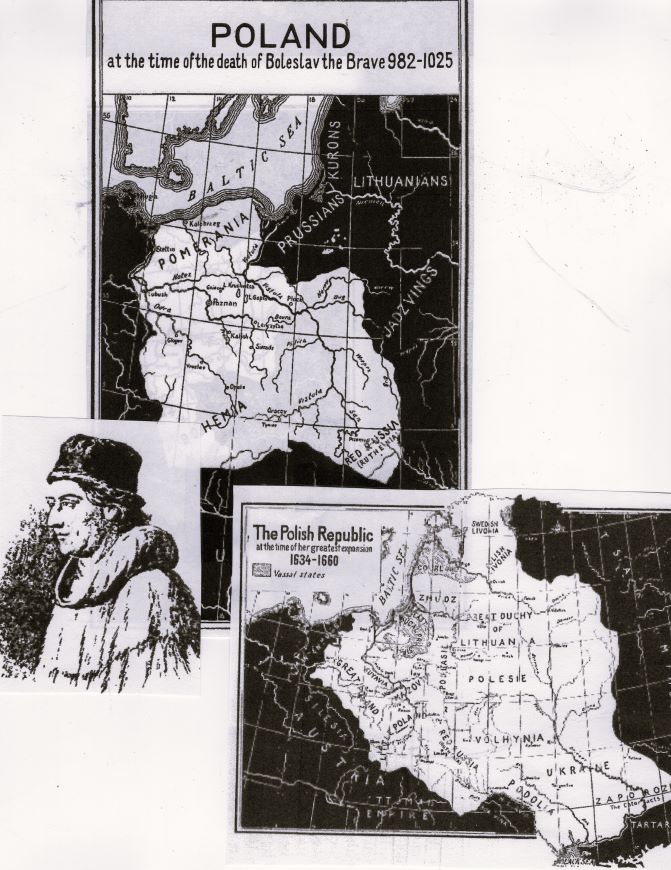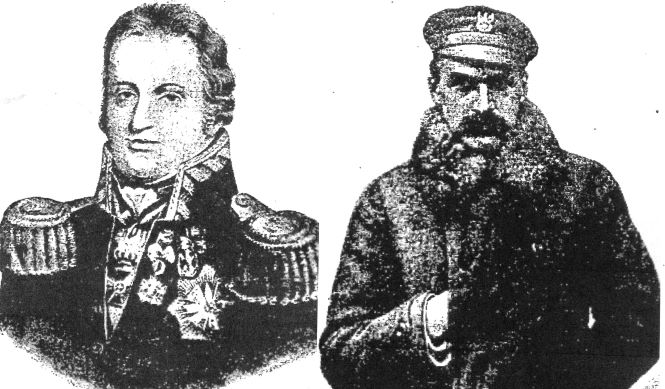marion kanawha 3 | 123
12 Feb 2024 #151
1610 THE BATTLE OF KLUSHINO, Anthony Holland, 2023.
SURPRISINGLY I DO NOT RECOMMEND THIS BOOK AT ALL.
It is poorly written, extremely, extremely repetitive, not researched well and has poor sources and references, if you call his tertiary references sources at all.
Holland give historical background to the battle but it needs to be better organized and narrated more clearly. Remember that this is the convoluted period of Russian history, 1600-1620.
He does a decent analysis of leadership styles, army compositions, artillery, logistics, infrastructure, morale, mercenaries, etc. But they're all generalizations. He repeats himself way too often in this respect. In listing pros and cons he mentions the Polish liberum veto. It was never used at this time and didn't have any affect during this time.
For the actual battle I referred to Wikipedia and it seemed that that his narrative was copied directly from there. He refers to a primary source name but I had to Google it because it was not listed in the source section of the book. He mentions a contemporary Polish historian named Nagielski. I had to Google him (Miroslaw Nagielski) but I could not read his comments about the battle. They were not available on line. Again, Nagielski is not listed as a source.
Holland places a lot of emphasis on the Swedish and their contribution to the Russian army. It seems he's writing a preface to the rise of Swedish power in the north.
Finally he does a "comparative analysis" of Klushino with other battles of the time like Brietenfeld (1631) and Lepanto (1571) --- a naval battle???? Why? More effort should be given to events post battle (in my opinion) and in searching for more primary sources about the battle. How did the Polish cavalry get right into the Russian cavalry and destroy them? No details.
I'd pass on this history book.
SURPRISINGLY I DO NOT RECOMMEND THIS BOOK AT ALL.
It is poorly written, extremely, extremely repetitive, not researched well and has poor sources and references, if you call his tertiary references sources at all.
Holland give historical background to the battle but it needs to be better organized and narrated more clearly. Remember that this is the convoluted period of Russian history, 1600-1620.
He does a decent analysis of leadership styles, army compositions, artillery, logistics, infrastructure, morale, mercenaries, etc. But they're all generalizations. He repeats himself way too often in this respect. In listing pros and cons he mentions the Polish liberum veto. It was never used at this time and didn't have any affect during this time.
For the actual battle I referred to Wikipedia and it seemed that that his narrative was copied directly from there. He refers to a primary source name but I had to Google it because it was not listed in the source section of the book. He mentions a contemporary Polish historian named Nagielski. I had to Google him (Miroslaw Nagielski) but I could not read his comments about the battle. They were not available on line. Again, Nagielski is not listed as a source.
Holland places a lot of emphasis on the Swedish and their contribution to the Russian army. It seems he's writing a preface to the rise of Swedish power in the north.
Finally he does a "comparative analysis" of Klushino with other battles of the time like Brietenfeld (1631) and Lepanto (1571) --- a naval battle???? Why? More effort should be given to events post battle (in my opinion) and in searching for more primary sources about the battle. How did the Polish cavalry get right into the Russian cavalry and destroy them? No details.
I'd pass on this history book.
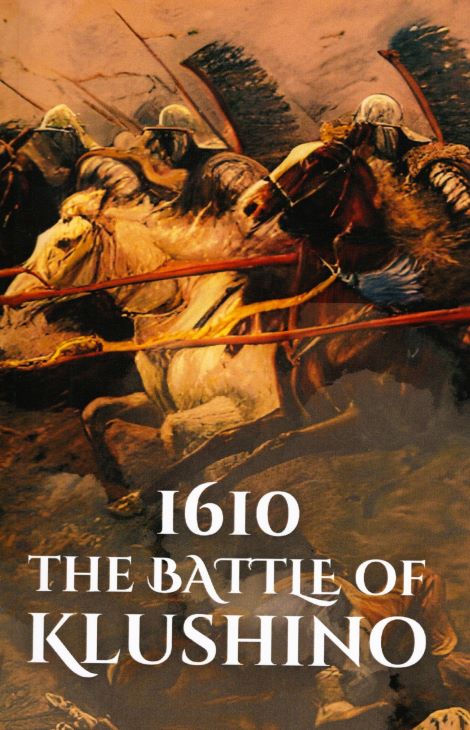
img20240212_12441076.jpg

